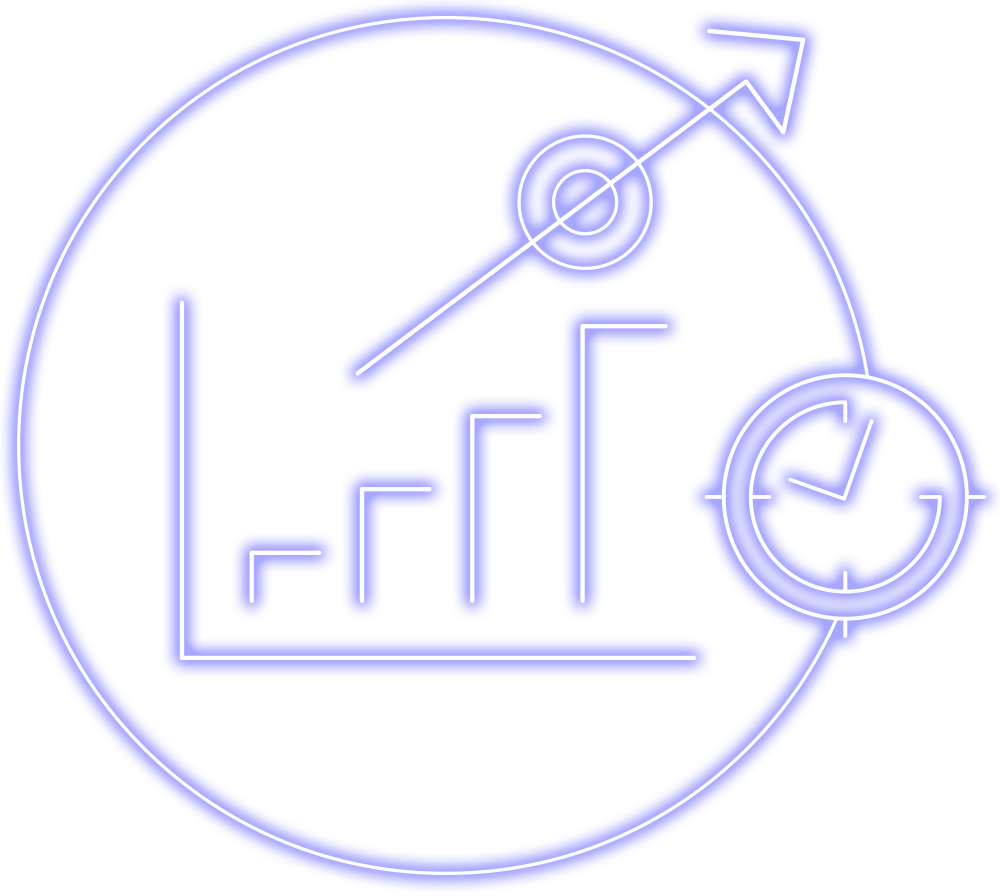The project aimed to create an advanced model by utilizing data in combination with physical and chemical principles, to be capable of estimating the purity of the bottom product in a distillation column. This model offered valuable insights into the column’s operations, revealing a deeper understanding of the underlying process. Scientia Industrial Technologies demonstrated extensive expertise in process technology throughout the project. They showcased their ability to gain a thorough understanding of the complexities within the distillation process and effectively integrate this knowledge into the model, allowing it to uncover relevant aspects.
Too often operators are flying blind when operating critical process units: for instance, distillate samples are taken once or twice a day or catalyst effectiveness is unknown.
Mechanistic AI bridges information gaps, delivering real-time estimates of important unmeasured or delayed variables. It allows operators to optimize unit performance further adding millions of euros to the bottom line annually.


